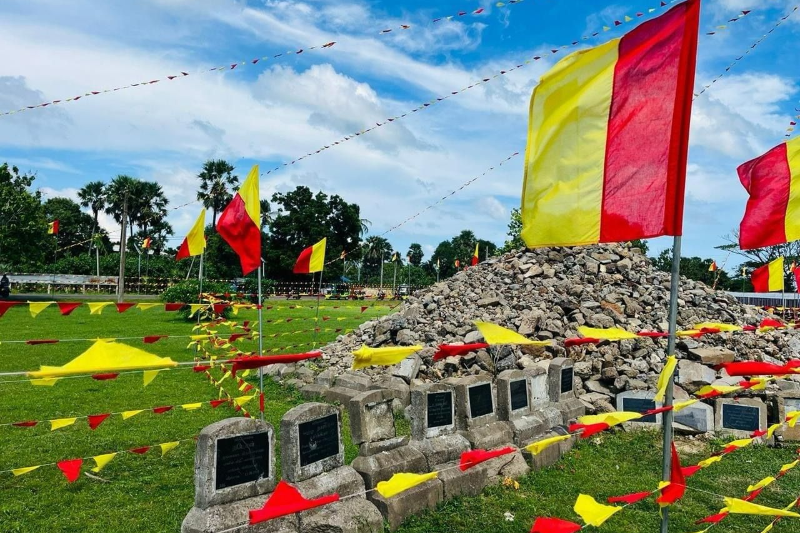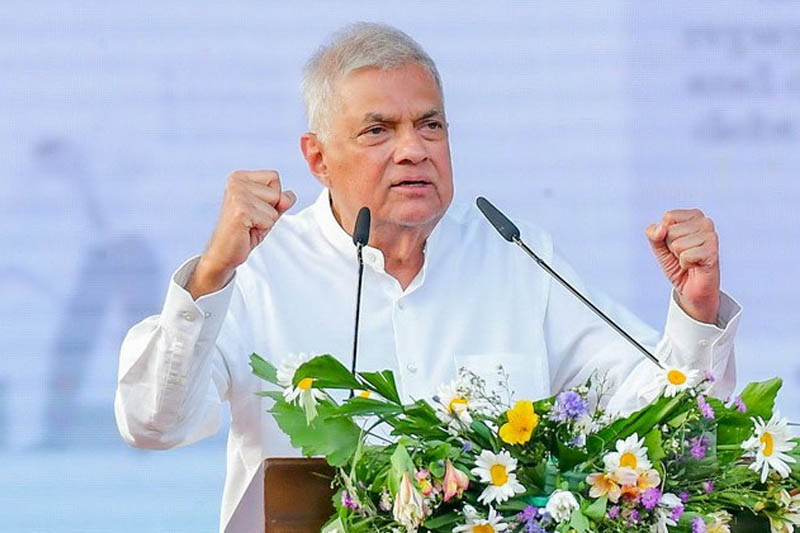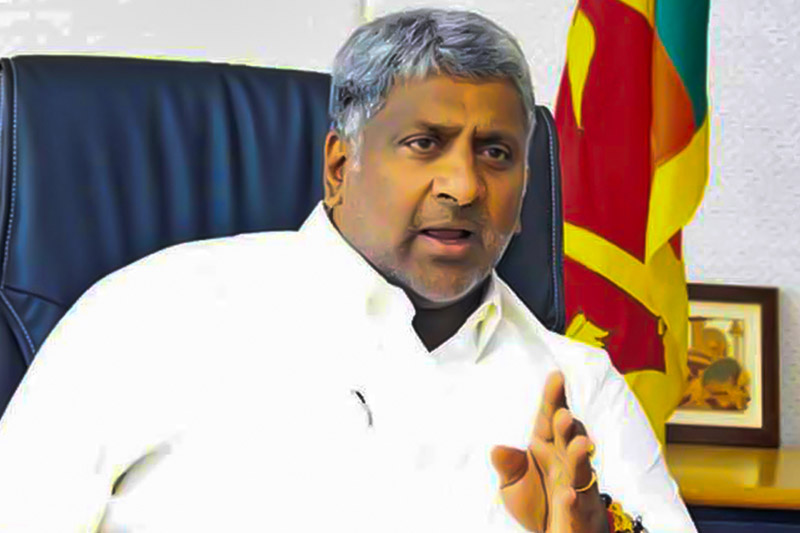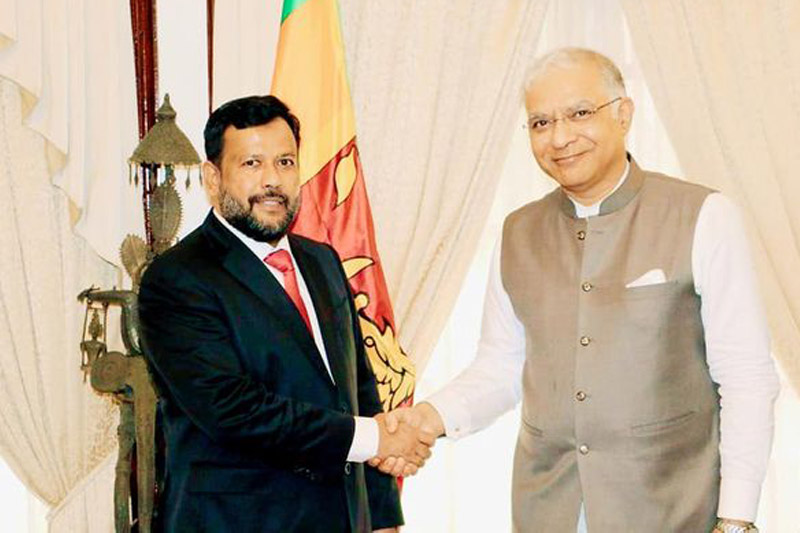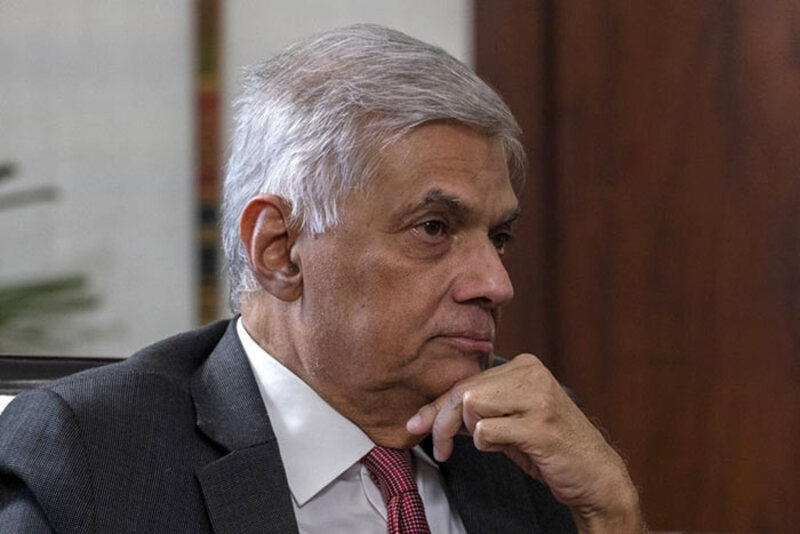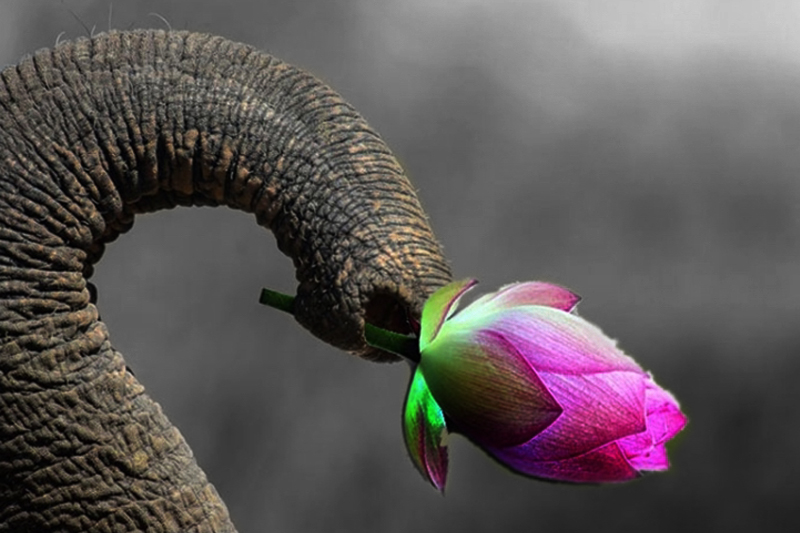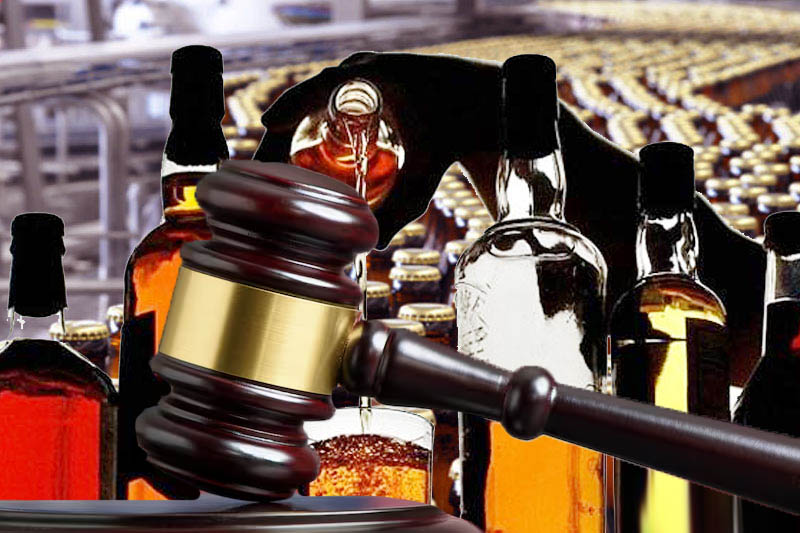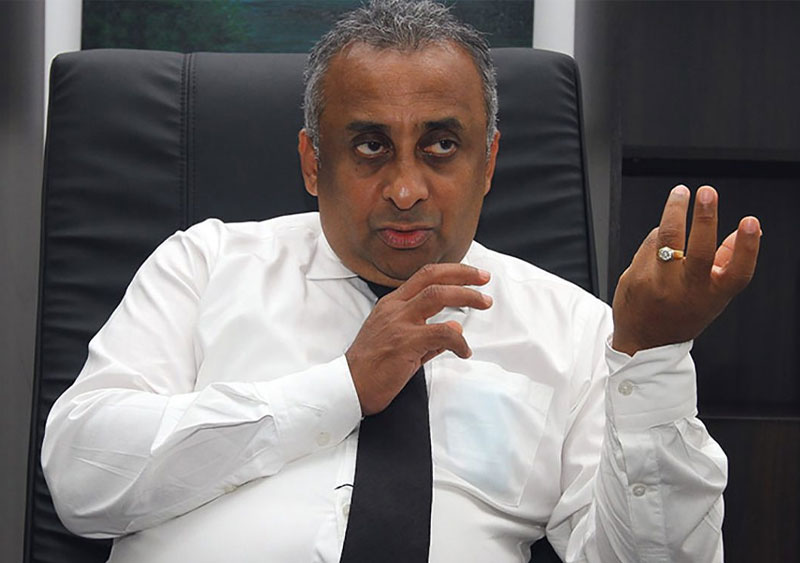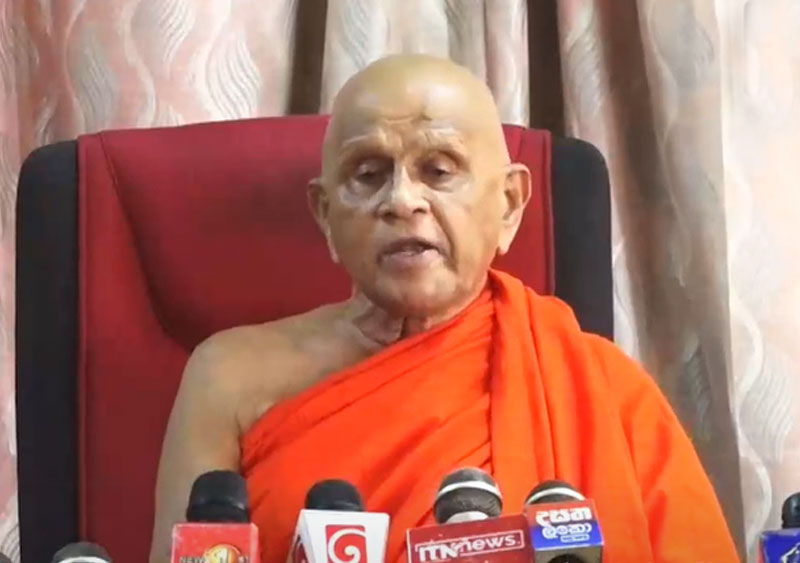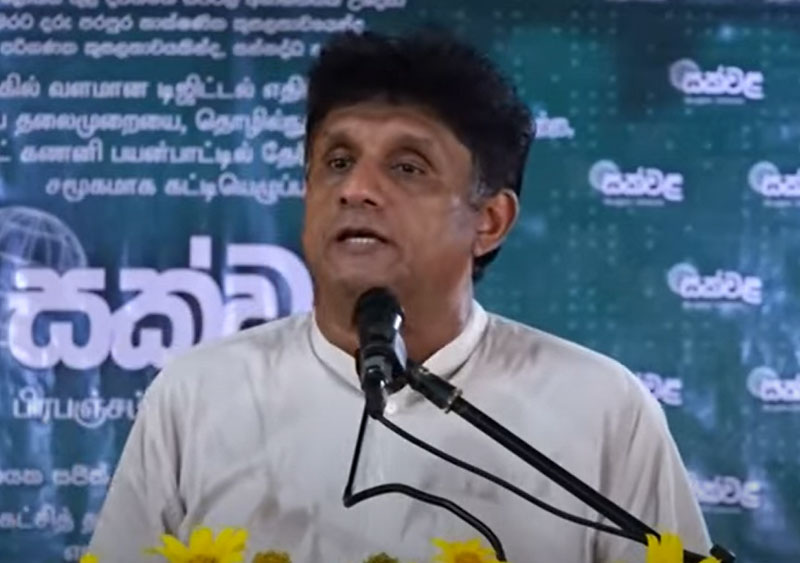In advance of the 36th Maaveerar Naal commemoration, Tamils across the homeland are preparing cemeteries to pay tribute to those who sacrificed their lives in the armed struggle. PIC: Tamil Guardian
International human rights lawyer and Executive Director of the International Truth and Justice Project (ITJP) Yasmin Sooka has expressed her resentment regarding the refusal of the Sri Lankan government to allow remembering the war dead in Sri Lanka Police has made several unsuccessful attempts to persuade courts to ban Tamil preparations to commemorate their loved ones on November 27.
In her open letter in the Jaffna based Tamil Newspaper 'Uthayan', Sooka has expressed her anguish and deep concern over the failure to rectify and bring about true justice for the families of the disappeared and for those tortured and displaced during the brutal civil war which came to a bloody end in May 2009.
The English translation of her article is found below:
Impunity in Sri Lanka has deepened, given the Government of Sri Lanka’s failure to ensure any kind of accountability for those responsible for war crimes and crimes against humanity committed at the end of the civil war in May 2009.
While the war may have ended, the persecution of Tamils in Sri Lanka and abroad continues. The violence that continues to be inflicted by the security forces impacts not only on individuals and their families, but also destroys the social fabric on which coexistence, tradition and trust are built.
The Government of Sri Lanka continues to violate the legitimate rights of Tamil families to mourn on 27 November and remember those who lost their lives in the Tamil struggle for liberation.
Year after year, since 2014, my organisation has documented the testimony of torture survivors who flee abroad.
The Sri Lankan intelligence agencies photograph them after they attend remembrance events in the north east, visiting them later and threatening them
One man we interviewed, who made a speech on 27 November 2022 at a cemetery in the north said he thought it was safe to do so, as the new President had allowed the events to go ahead.
Days later, and in violation of his right to freedom of expression and freedom of movement, he was picked up and tortured; he fled, leaving behind his new-born baby and thriving business.
In interrogations the security forces ask ‘who funds these commemorations’ which misses the point.
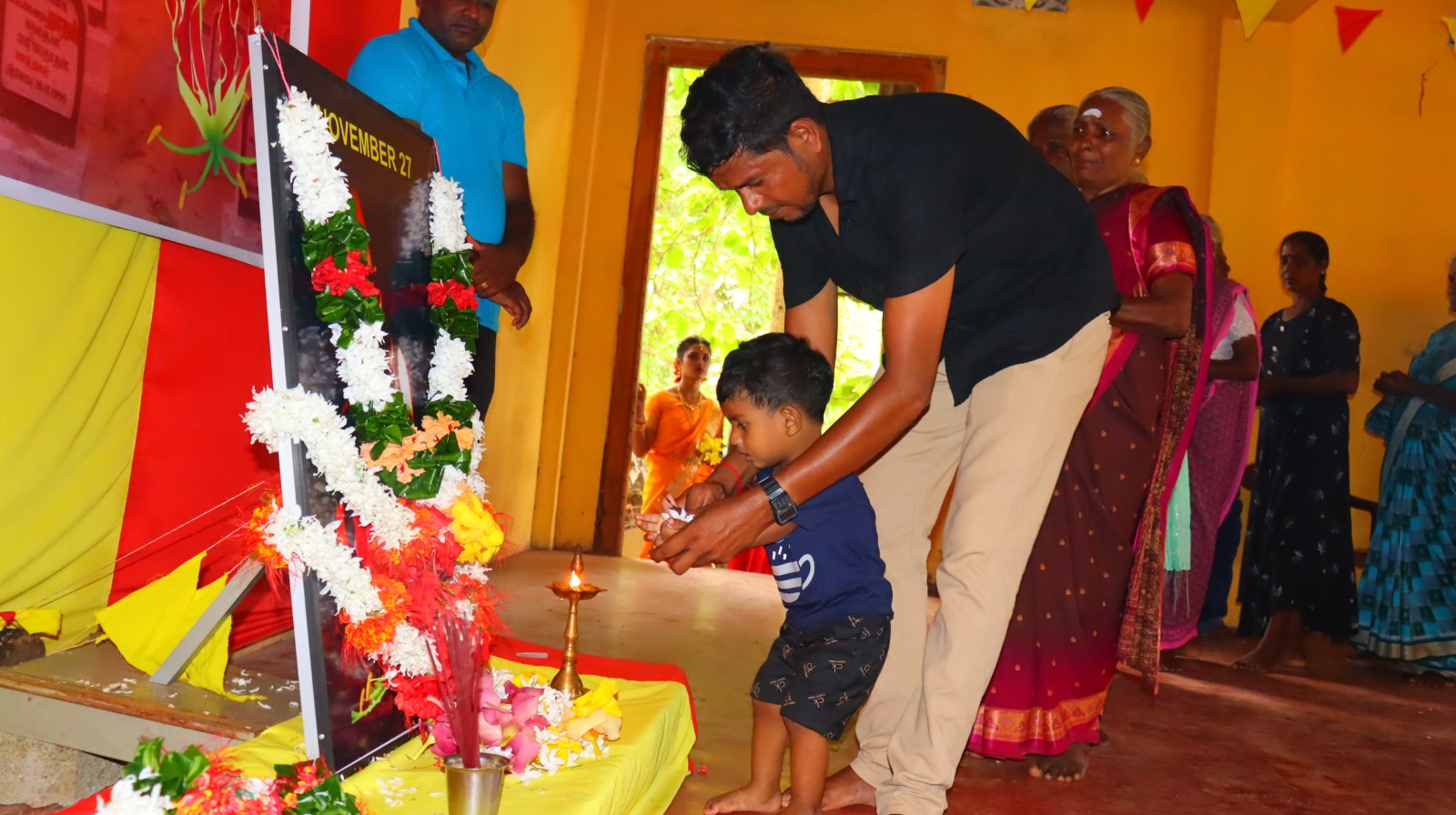
Maaveerar families honoured in North-East. PIC: Tamil Guardian
Organising and attending commemorations are not just acts of resistance but also expressions of a very deep personal grief felt by all survivors of this terrible war. Families of victims of state sponsored violence are also themselves victims; in addition to the suffering caused by the disappearance, torture or death of their loved ones, they face the overwhelming barrier of impunity, and guilt for having survived.
In their struggle for truth and justice, the survivors consider it their moral and social responsibility to continue to remember the dead and the disappeared. It’s not just those who mourn their family and friends on 27 November but the whole community that remembers the sacrifice and the collective suffering.
Over the years we’ve seen groups of Tamil survivors abroad reclaim their right to remember the dead in private and in public spaces.
In the process they struggle with what it means to survive, and to bear witness.
They find new ways to articulate not only their individual suffering but also that of their communities in order to keep the memory alive for future generations.
No amount of repression is going to stamp out the human need to mourn, especially if it’s for your child or parent. A torture survivor described that even while detained in Boosa after the war, he and his cellmates rose early to light a candle on 27 November, knowing full well the guards would exact revenge.
Nevertheless it was the last scrap of dignity they had left and for them it was worth the cost.
President Ranil Wickremesinghe, speaks of establishing a Truth Commission; in a context where survivors of the war are unable to exercise their right to mourn and deal with their pain when they attend commemoration events, it is unlikely that survivors will participate and provide testimony to such a body.
If a Truth Commission is to be successful and credible, the President will need to guarantee state-sponsored violence will end, and that there will be no further surveillance of events by the security forces on 27 November and there will be no reprisals against those who organise or take part in them.
The diplomatic community should not remain silent in the face of this repression and should send international observers to ensure that officers in plain clothes are not taking photos.
? BREAKING - Sri Lankan police tear down flags and remove lamps at Alampil Thuyilum Illam on Maaveerar Naal hours before commemorations are due to start pic.twitter.com/DjnAs38phh
— Tamil Guardian (@TamilGuardian) November 27, 2023

